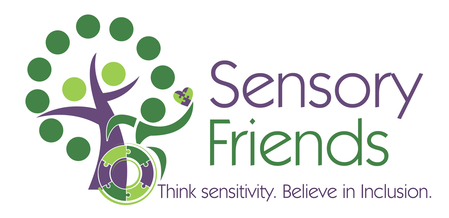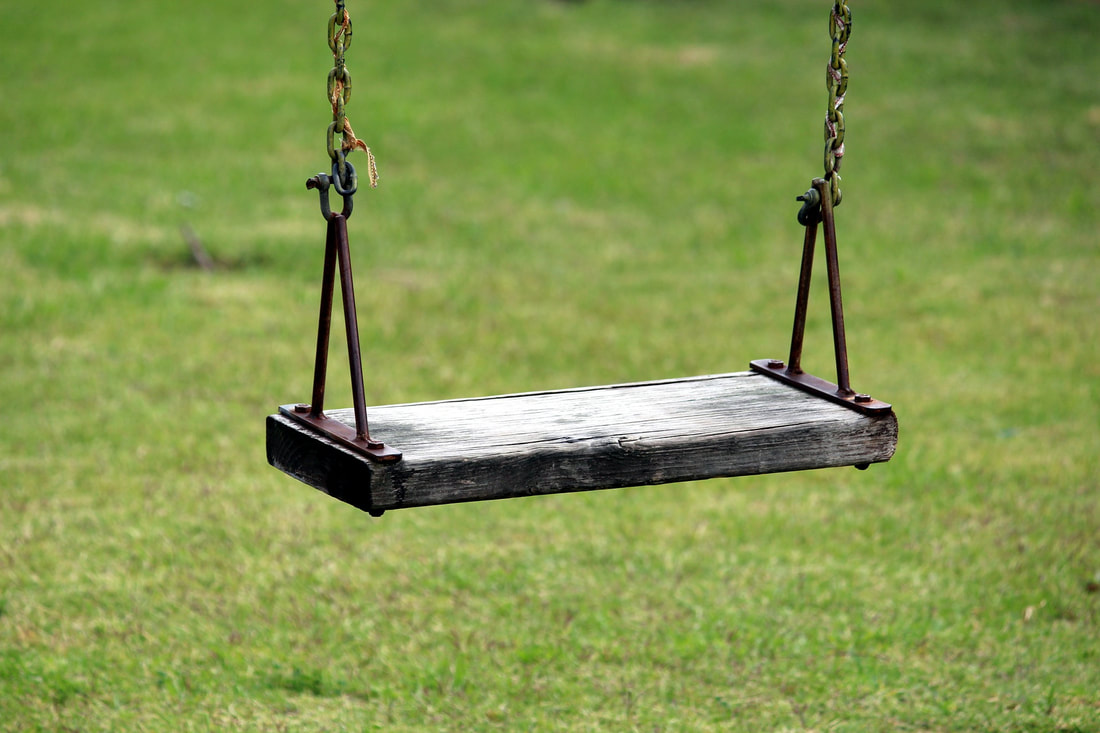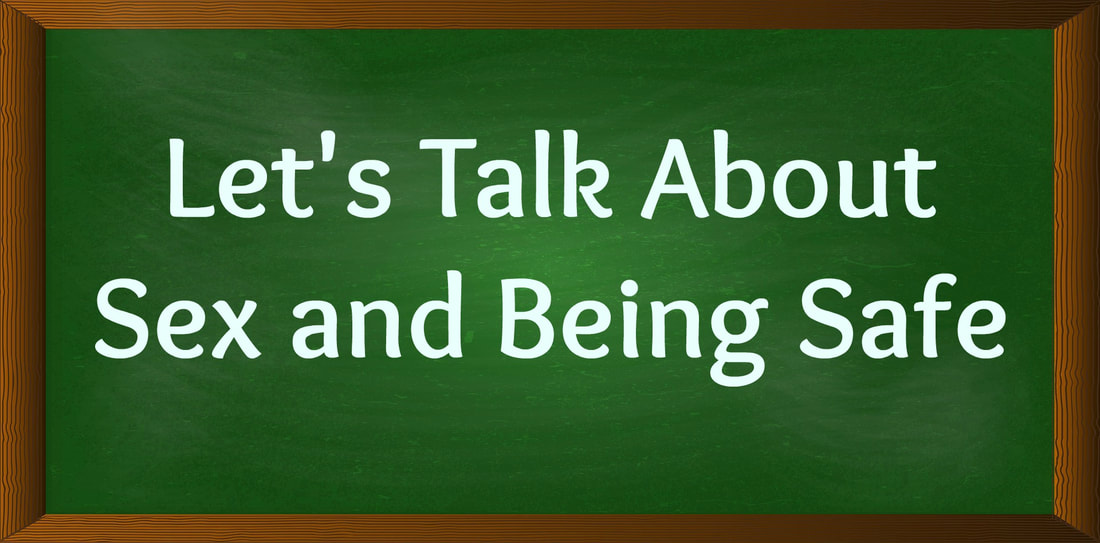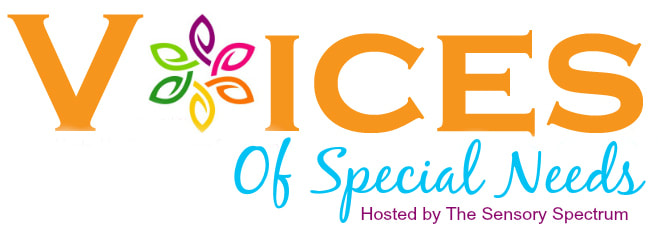“Touch your nose. Touch your arm. Touch your eye. Touch your cheek,” and so on.
Many parents don’t ever mention the penis, vagina, bottom, or breast - yet, they too, are parts of our anatomy. It’s important to teach our children as best as we can about identifying body parts and their changing bodies, as well as the difference between safe and appropriate touches from inappropriate and dangerous situations.
What is Self-Preservation in Sexuality?
When do I talk to my child about the difference between safe and dangerous situations?
What are statistics saying
- In the US 1 in 4 girls and 1 in 6 boys will be sexually abused before the age of 18.
- Studies show that children with intellectual disabilities are four times more likely to be victims of sexual abuse than children without disabilities.
What resources are available?
- Teaching about Body parts – and I mean all of them! Sexual abuse typically begins with touching a child or asking them to touch someone else.
- Sexual Urges – explain to your son or daughter that they may experience new sensations that are perfectly normal and part of growing up.
- Appropriate and Inappropriate Touching – talk to your child about boundaries and personal space (theirs and of others).
- Teach your child that body secrets are not okay – most predators will try to keep children from talking to others by rewarding them for keeping the abuse a secret.
- Try to explain that no one should be taking pictures of their private parts.
Our kids with disabilities go through the same hormonal and bodily changes as their peers. The difference for many kids with intellectual disabilities and communication issues is they may not have enough understanding or the ability to ask about these bodily changes to ask friends or family members they trust. Nor will they be ill advised by their misinformed peers!
I really don’t think my child knows what sex is yet.
When it comes to kids with disabilities that are going through puberty, it is mostly instinctual.
Since we don’t truly know about what our teen daughters and sons are thinking about, we must believe that they are feeling the same sensations, confusion, and curiosities that teenagers without disabilities experience and feel. We can’t afford to make a false assumption just because our kids can’t communicate their thoughts and feelings effectively with us and others.
Please try not to assume that your child doesn't have an interest in his or her sexuality, or that sexual experiences are less likely to happen to your child because of their disability. It is so important for us as parents to teach our children about their changing bodies, protecting themselves from potential harm, and more importantly – how to have healthy relationships with others.





 RSS Feed
RSS Feed